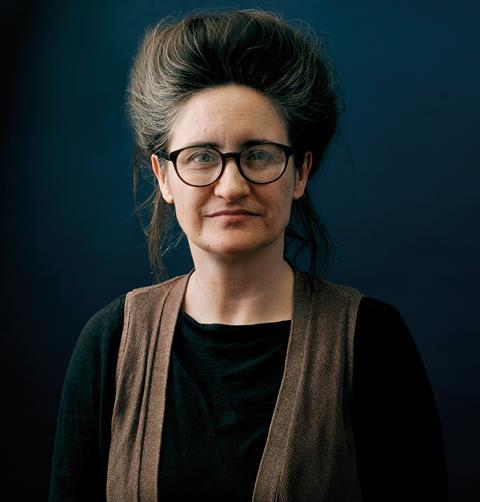Who? Emily Bolton, founder and director, APPEAL.

Why is she in the news? Represents Andrew Malkinson, whose convictions for rape and assault have been referred by the Criminal Cases Review Commission to the Court of Appeal after new DNA testing revealed a potential alternative suspect.
Thoughts on the case: ‘APPEAL’s client Andrew Malkinson, who has been fighting to clear his name for almost two decades, this week had his conviction referred to the Court of Appeal after DNA evidence was linked to another man. That potential alternative suspect has been arrested on suspicion of the rape for which Andy served over 17 years wrongly imprisoned – a decade longer than he might have done had he admitted guilt.
‘Andy did not match the victim’s description of her attacker, yet police made him effectively the sole focus of their original investigation. Then they failed to disclose key evidence at his trial. In doing so, the police not only caused Andy’s wrongful conviction, they catastrophically let down the victim, whose real attacker has been allowed to evade justice.
‘It took hundreds of hours of work by APPEAL to earn Andy this chance at justice. We had to take the police to court twice. Another obstacle was that, shockingly, the police unlawfully lost or destroyed key case exhibits. The DNA breakthrough was only possible as samples were retained by a separate body. I hope the police and prosecution will now spend taxpayers’ money bringing to justice the real perpetrator rather than opposing Andy’s appeal.’
A spokesperson for Greater Manchester Police said: ‘Greater Manchester Police will continue to assist and cooperate with the CCRC’s review of this case. Following the discovery of new DNA evidence a full forensic review is now taking place and on 13 December 2022 a 48-year-old man from Exeter was arrested on suspicion of a rape which took place in July 2003. He has been released under investigation.’
Dealing with the media: ‘So that he can rebuild his life, Andy wants exoneration both in the court of law and the court of public opinion. Clearing his name requires more than a Court of Appeal judgement. He is also keen for the criminal justice system to learn from the mistakes it has made in his case. At APPEAL, we believe that it is the evidence of system failure from individual cases that shows us where reforms are most needed.’
Why become a lawyer? ‘I became a lawyer to join against the death penalty in the deep southern US, but soon realised that it was not just the sentences imposed that were unjust – there were convictions that also needed undoing, those of innocent men and women who needed another chance to bring their evidence of innocence before a court.’































No comments yet